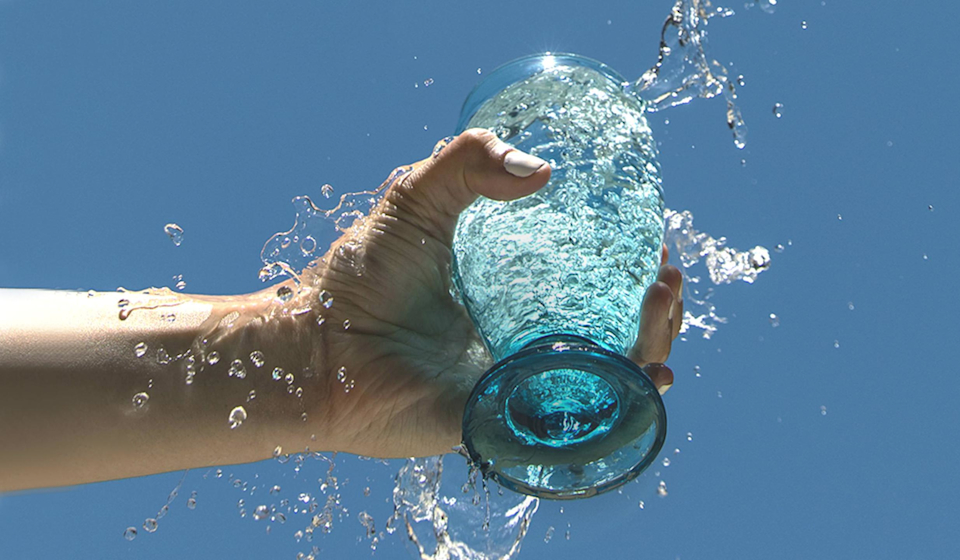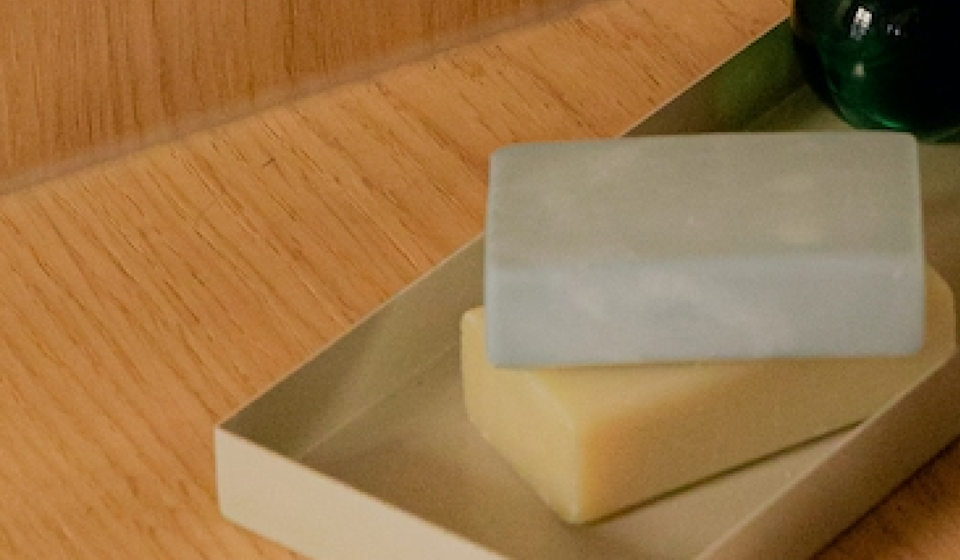Essential Takeaways
- In this day and age, logging off completely isn't an option.
- From savvy phone settings to apps that can help you cut back, check out our staffers' tips for cutting down on screen time without disconnecting completely.
Is there anything more haunting than your phone’s weekly screen time report? (Do we need to be reminded we’re spending an inordinate amount of time on Instagram?) But even if this handy iPhone feature takes a particularly unforgiving approach, the truth is that most of us could probably stand to scrutinize just how we’re spending our digital time—all the better to learn exactly when and where to unplug.
After all, for all the amazing ways technology now brings us together, there’s also emerging research and scientific opinions that caution against overdoing it (1)—from the physical (screen time’s impact on eye strain and sleep, for example) to general wellbeing (social media’s addictive nature). (2,3)
The caveat, of course, is that as our world becomes ever more dependent on connectivity, unplugging completely just isn’t reasonable. The art of digital detox in 2019 isn’t a matter of bunking off work for a week for a retreat in the woods. It’s about learning how to find balance in your daily life, and take advantage of those days (like holidays and weekends) when the demand to be online isn’t quite so high.
Fortunately, we didn’t have to travel far for advice: So many of the staffers at Ritual HQ have this whole screen time balance thing down to a science, from the way they arrange their apps to automated time limits on their devices. Bookmark their suggestions below.
Make the most of your iPhone’s built-in Downtime feature. (Psst: To enable it, go to Settings > Screen Time.)
“I have aggressive screen time settings on my phone. I set Downtime, where it locks me out of basically all my apps starting at 9pm thru 8am. Sometimes I outsmart it but it mostly does the trick!”
—Lauren, People Ops
Schedule a set “screen-free” time every day.
“I always set aside at least an hour after work to close my computer, turn my phone on airplane mode, and do something to unwind and connect back to reality, like yoga. If there’s anything pressing I need to work on, I allow myself to revisit it after that hour is up—but the beauty of taking that time for myself is that it puts a lot of my to-do list into perspective.”
—Victoria, Marketing












